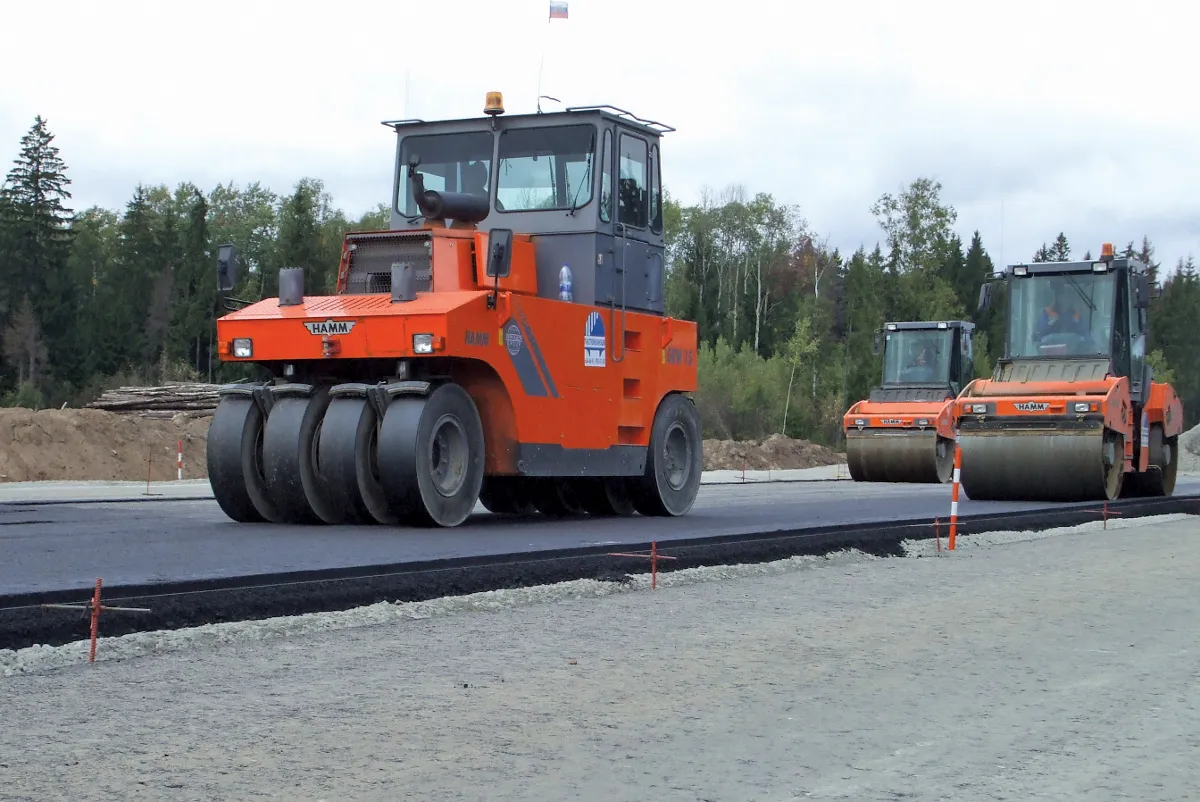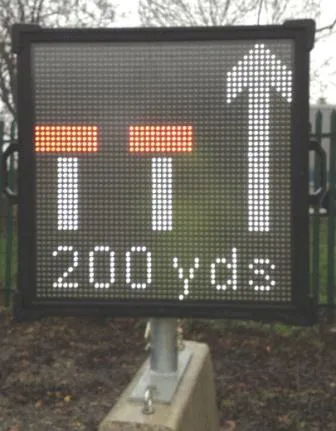Sagem Sécurité (Safran group) has signed a contract with Russian company United Telecom to supply and install 110 MESTA automatic speed control radars in Belarus, along with an automated ticket processing center. United Telecom specialises in the integration of intelligent transport systems, and the radars will be deployed along the M1 expressway between Poland and Russia to improve road safety.
July 5, 2012
Read time: 2 mins
RSSSagem Sécurité (1178 Safran Group) has signed a contract with Russian company 1179 United telecom to supply and install 110 MESTA automatic speed control radars in Belarus, along with an automated ticket processing center.
United Telecom specialises in the integration of intelligent transport systems, and the radars will be deployed along the M1 expressway between Poland and Russia to improve road safety.
The deployment of the customdesigned system will enable Belarusian authorities to rapidly process all speeding violations, since drivers will have to pay their tickets as soon as they leave the country. It should significantly improve safety on the M1 expressway, which government authorities consider accident-prone.
Jean-Paul Jainsky, chairman and CEO of Sagem Sécurité, said: "By choosing Sagem Sécurité's latest generation technology, Belarus confirms its investment and leadership in road safety solutions. This project will also enable us to build a long-term partnership with United Telecom, in particular for the possible subsequent deployment of a large-scale system, similar to the one that is already up and running in France."
United Telecom specialises in the integration of intelligent transport systems, and the radars will be deployed along the M1 expressway between Poland and Russia to improve road safety.
The deployment of the customdesigned system will enable Belarusian authorities to rapidly process all speeding violations, since drivers will have to pay their tickets as soon as they leave the country. It should significantly improve safety on the M1 expressway, which government authorities consider accident-prone.
Jean-Paul Jainsky, chairman and CEO of Sagem Sécurité, said: "By choosing Sagem Sécurité's latest generation technology, Belarus confirms its investment and leadership in road safety solutions. This project will also enable us to build a long-term partnership with United Telecom, in particular for the possible subsequent deployment of a large-scale system, similar to the one that is already up and running in France."









